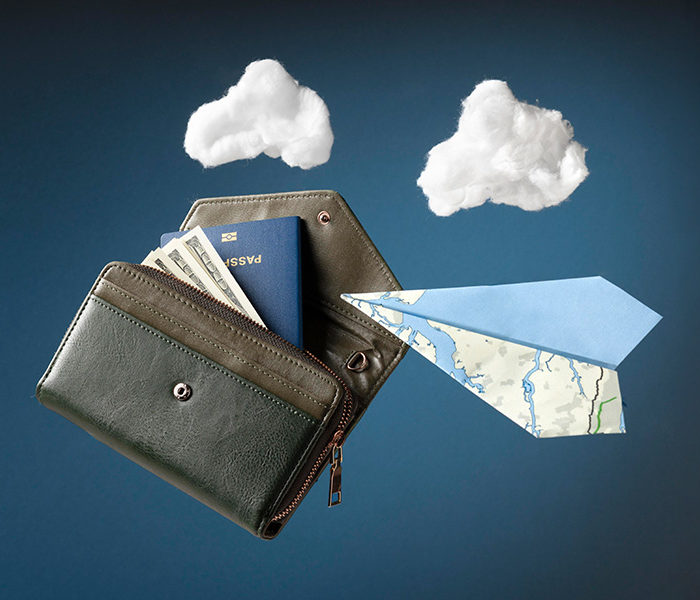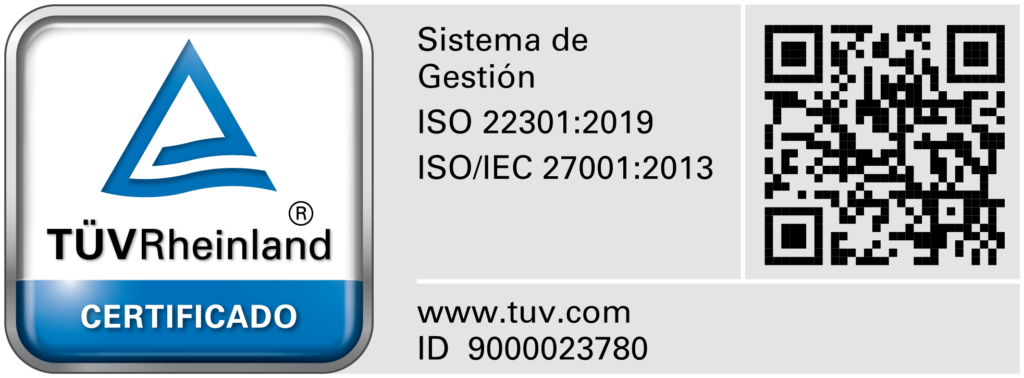Moneytrans is celebrating today the World Safer Internet Day (SID) with the aim to promote a safer & better internet, by making children, parents & teachers even more aware of digital opportunities & dangers.
Safer Internet Day (SID) is organised by the joint Insafe-INHOPE network, with the support of the European Commission, with funding provided by the Connecting Europe Facility programme (CEF). Safer Internet Day has grown beyond its traditional geographic zone and is now celebrated in approximately 130 countries worldwide.
From cyberbullying to social networking, each year Safer Internet Day aims to raise awareness of emerging online issues and chooses a topic reflecting current concerns.
The 2018 theme, “Create, connect and share respect: A better internet starts with you” is a call to action for every stakeholder to play their part in creating a better internet for everyone, in particular the youngest users out there. More than that, it is an invitation for everyone to join in and engage with others in a respectful way in order to ensure a better digital experience.
Empowering young people, their teachers and their families to make the best possible use of online technology.
There are many ways to join and contribute to the movement. Everyone has a responsibility to make a positive difference online. Play your part in making the internet a better and safer place!Follow our advice to stay safe in the digital age:
Tips for children and young people:
Children and young people can help create a better Internet. How? Being respectful, protecting their reputation and looking for positive opportunities to create, participate and share through the Internet. Read our tips:
- Private is private. Keep your info private: don´t share your personal information, phone number, address, school…with someone you have only met online. What do they need it for? Always set the privacy settings of your social media accounts to protect your private data. Make sure you don´t expose yourself or your privacy.
- How do you look? Be aware of your online presence: think about what your image says about you. Think about how your online profile makes you appear to others. Why? Because a username, a photo or certain comments or post online can say too much about you. This can be the key so that the abusers do not look at you.Think before you post. What do your images and videos say about you; are you happy with the story you are telling? What you share online could be there forever, can be misinterpreted and could also reveal personal information about you.
- Always put your safety first: It is a bad idea to share your location or meet up with someone you have only met online. Never agree to meet up offline with someone you only know online. No matter how friendly they might seem or how well you think you know them, they are still a stranger. Always tell a trusted adult if someone online asks to meet up. But if you do so, stay safe: meet in a public place and take a trusted adut with you.
- A friend of a friend. To be sure, ask your friend: it is easy for anyone to post fake photos and videos over a webcam. If the claim to be a friend of a friend, ask your friend if they have met them in person. Anyone can learn about you and your Friends from information that they find online. Seeing is not believing… when you see something online take a moment to see the full picture. Not everything or everyone online can be trusted.
- Report anything you see and inform: report anything you see online, including images and videos, which are offensive, upsetting or inappropriate. Speak to a trusted adult if something worries you.
- Make the internet a great place for all: Use the positive power of images and videos to help create a better internet. Use images and videos to make a positive impact, and think carefully about the impact on others before you share something online.
As a parent, what can you do?
Parents play a fundamental role in motivating their children and teaching them a responsible, respectful, critical and creative use of technology. How? Encouraging open dialogue with their children, educating them in a safe and positive use of technology, or acting as references for digital behavior:
- Talk: talk regularly with your child about how they use technology, and find out what their digital life is like, including what their favourite sites and services are and also how being online makes them feel.
- Understand: as parents it’s natural to feel worried about the risks posed by your child being online, but for young people the online world is exciting and fun, as it brings so many opportunities for them. Connect with your child by asking them to share with you their favourite things to do online, as well as discussing the risks they might come across.
- Explain: real life rules apply in the inline world too. It can sometimes feel like young people are the experts in all things online, but remember – you are the life experts.
- Listen: learn about and understand how they spend their time online. Try to assess their level of cyber knowledge and, if your child is passionate about computing, look into opportunities to further their education.
- Take advantage of technology to make the best use of technology: There are lots of tools to help you manage the devices used by your family. For example, knowing how to activate and use parental controls can help protect your child from seeing inappropriate content online.
- Compromise: The online world is an increasingly large part of modern family life, so it makes sense to approach it as a family too. Why not make a pledge together on how as a family you’re going to use the internet safely and positively?
Everyone has their part to play in making the internet a better place, including you!
Everyone has the responsibility to make a positive difference online and a better internet. We can contribute to the creation of a positive space by behaving respectfully with others and looking for positive opportunities that allow us to create and connect. To face negative, inappropriate or illegal content, we can react and denounce.
In Moneytrans we collaborate in the creation of a better Internet creating positive content and promoting safe services in the network. In addition, we encourage users to be able to cope with the problems they find by providing advice on the safe use of the Internet, some security tools that are easy to use and quick access to help in case something does not go well.
Join the campaign on social media and help inspire a better Internet on this International Safe Internet Day!
#SID2018
#SaferInternetDay
#DiaInternetSegura
Info vía:
https://www.incibe.es/
https://www.saferinternetday.org/web/sid/home
https://www.saferinternet.org.uk/





